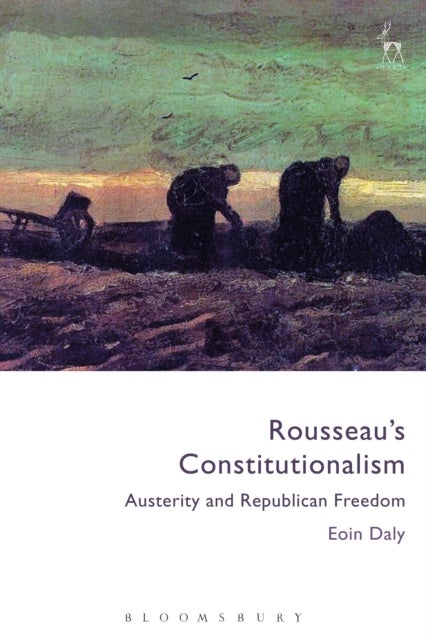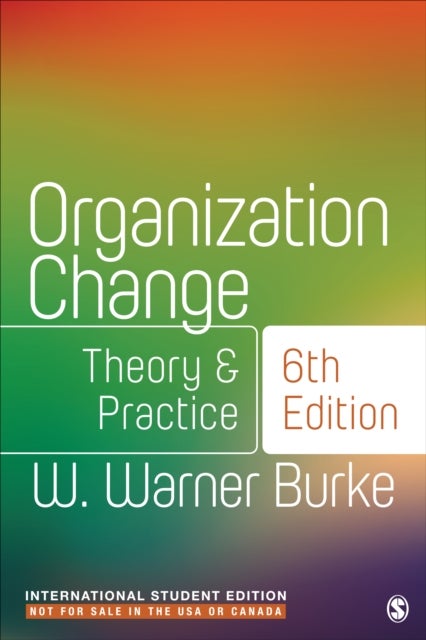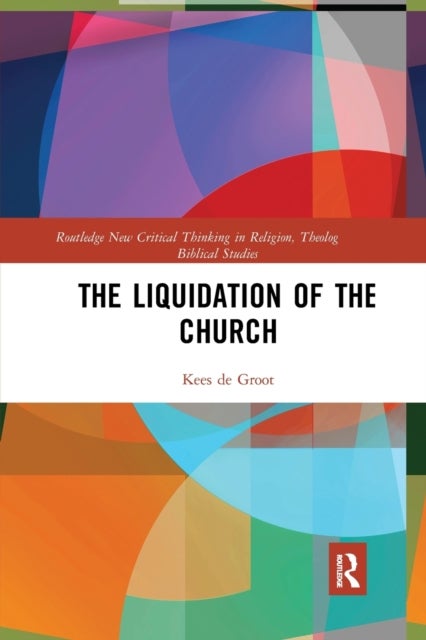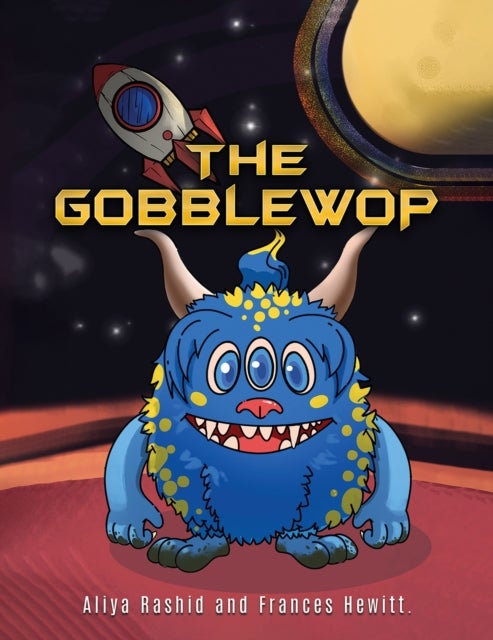
Beyond Individualism av Gordon Wheeler
549,-
In this pathbreaking and provocative new treatment of some of the oldest dilemmas of psychology and relationship, Gordon Wheeler challenges the most basic tenet of the West cultural tradition: the individualist self. Characteristics of this self-model are our embedded yet pervasive ideas that the individual self precedes and transcends relationship and social field conditions and that interpersonal experience is somehow secondary and even opposed to the needs of the inner self. Assumptions like these, Wheeler argues, which are taken to be inherent to human nature and development, amount to a controlling cultural paradigm that does considerable violence to both our evolutionary self-nature and our intuitive self-experience. He asserts that we are actually far more relational and intersubjective than our cultural generally allows and that these relational capacities are deeply built into our inherent evolutionary nature.<BR><BR>His argument progresses from the origins and








